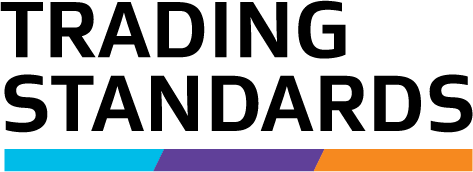Non-compliances
This section has information on what is a non-compliance, when a non-compliance can be raised and the different types of actions that can be taken when a non-compliance is discovered.
A non-compliance is an action or inaction by an accredited individual and/or organisation that does not comply with the weights and measures legislation or Trading Standards requirements.
A non-compliance can be raised with an Accredited Person when Trading Standards:
- Discover a weighing or measuring instrument that does not comply with the weights and measures legislation and has been sealed with a Mark of Verification and/or issued with a Certificate of Accuracy that bears the Accredited Person’s identifier,
- Have reason to believe that an accredited individual or organisation is not operating in accordance with their duties and responsibilities required by the weights and measures legislation, or
- Have reason to believe that an accredited individual or organisation is not operating in accordance with Trading Standards requirements.
Trading Standards has developed an internal process to establish the severity of the non-compliance, which includes the impact on the consumer and/or the trader, maintaining the integrity of the accreditation scheme and the non-compliance history of the accredited individual/organisation.
All of the above are taken into account to decide what non-compliance action will be deemed appropriate.
Serving a non-compliance to an Accredited Person is a mechanism to provide clarification in an area of uncertainty, to prompt an investigation and to seek an explanation and/or a resolution.
The non-compliance actions that are available to Trading Standards are listed below:
